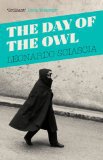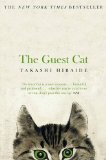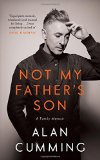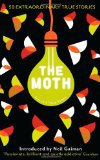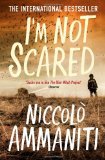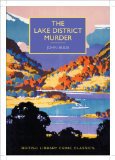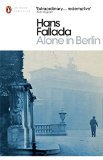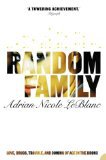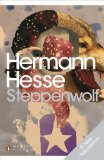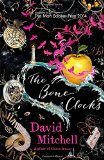The Day Of The Owl by Leonard Sciascia
Translated from the Italian by Archibald Colquhoun
Five words from the blurb: Sicily, murder, mafia, investigation, cold
The Day of the Owl begins with a man being murdered in front of a bus load of people. The sawn-off shotgun used in the attack suggests that it is a mafia killing, but no one is willing to admit they saw the shooting so the investigation runs cold.
This book is an examination of the mafia presence in Sicily. I found it interesting to read about this topic/setting for the first time, but most of the book did nothing for me. I think the problem was my unfamiliarity with the subject matter. The subtlety of the political messages went over my head and the large number of Italian words frustrated me. I only finished the book because it was so short.
Recommended to those with a knowledge of Italian political history and its connection with the mafia.

The Guest Cat by Takashi Hirade
Translated from the Japanese by Eric Selland
Five words from the blurb: couple, writers, cat, visits, together
The Guest Cat is a quiet book about a couple who work from home as freelance writers. Beautifully poetic writing describes their everyday lives and the interactions they have with a cat that decides to visit them.
Unfortunately, perhaps because I’m more of a dog person, this book did nothing for me. The couple’s life was boring and I failed to see the attraction of reading endless descriptions of what the cat did. I normally love Japanese books, but this one didn’t contain any of the usual culinary, cultural or mythological aspects of Japanese society that I enjoy reading about.
If you love cats and enjoy vivid descriptions of how they wander in and out of people’s lives then this is for you, but if you’re after any plot or emotion then I’d avoid it.

.
